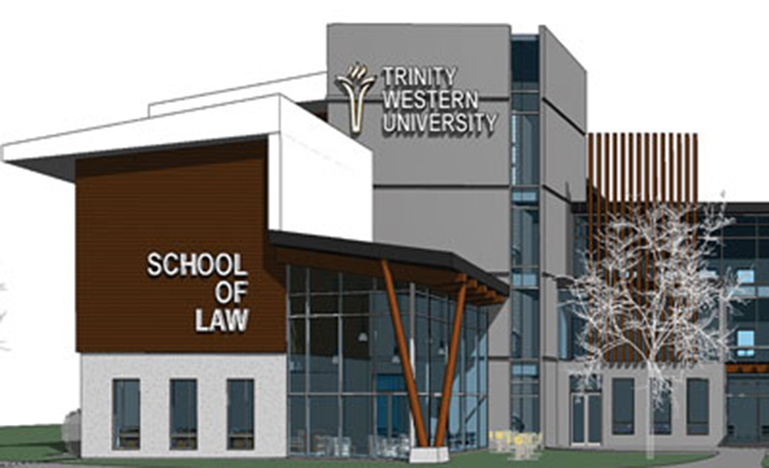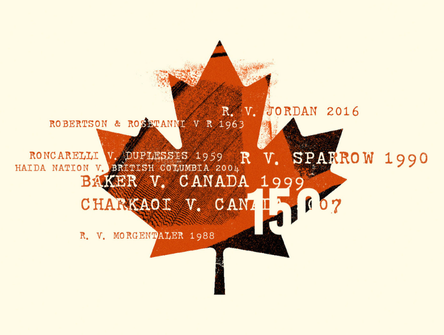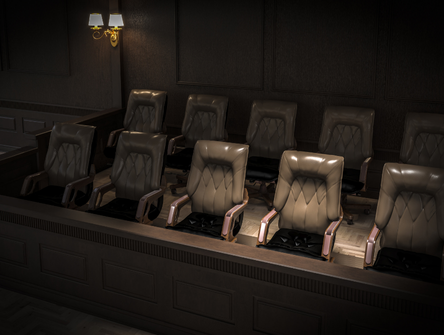Balancing rights and freedoms
It’s up to all the law societies in Canada to make sure that non-discriminatory practices in admissions are a requirement of all accredited law schools.

Last month, Trinity Western University, a Christian institution, received official approval from the British Columbia government to open a law school. TWU’s law school will be unique in Canada in that it will be the first and only one to expressly discriminate against gay students. Students and faculty at TWU must sign a Community Covenant Agreement requiring them to abstain from “sexual intimacy that violates the sacredness of marriage between a man and a woman”.
There is no question the Covenant creates an unwelcoming environment for gay law students. Worse yet, following the Supreme Court of Canada’s test in Whatcott on what constitutes hatred, it amounts to outright discrimination against gays. TWU and its supporters believe the courts ought to concoct a two-tiered rights structure, which would sanction discriminatory practices in the name of religious freedoms. Our view is that the Covenant constitutes unlawful discrimination, period.
BC’s decision to approve TWU came on the heels of a recommendation by the Federation of Law Societies of Canada that Canadian law societies publicly accredit the degree as appropriate training to enter the practice of law. With regard to this process, back in March 2013, SOGIC and the Canadian Bar Association’s Equality Committee provided analysis of the law to the Federation. We concluded with a request to engage in an open dialogue on this important issue.
The Federation never welcomed dialogue despite our ongoing persistence, and relied on “lack of evidence of harm” to support its legal conclusion that TWU ought to be accredited. The Federation, the national coordinating body for Canada’s law societies, came to this decision without consulting law society members or our group.
Last week, Nova Scotia’s Barristers’ Society released a statement that the “reasoning and decision making in the Federation reports is not the final word in the discussion” in that province. It is promising first step by a law society emphasizing that the decision relies solely with the law society, not the Federation. We remain hopeful that the other law societies will acknowledge that they cannot simply outsource the task of correctly interpreting the Canadian Charter of Rights and Freedoms to the Federation, and blindly follow unsound recommendations formulated during a flawed process.
This week, the Alberta Law Society released a statement to its members, welcoming a judicial determination on these issues and noting its concern about the impact of the Covenant on gay and lesbian students. We are pleased to see this discussion taking place there, and urge the Law Society of Alberta (and other law societies) to go a step further and consider whether their delegation to the Federation on this question is lawful and in the public interest. At the very least, the law societies should be considering these issues themselves, and not waiting for a Court to decide.
In the coming weeks and months we will learn more about how each provincial or territorial law society reacts to the Federation’s reports. In February, 2014, SOGIC, the CBA’s Equality Committee, and the CBA’s Young Lawyers will introduce a motion at the CBA Mid-Winter Meeting, calling on the law societies (as we did in a March 2013 submission) to clearly ensure that non-discriminatory practices in the law school admissions process and thereafter are a requirement of all accredited Canadian law schools.
Of course, this could all be avoided were TWU to amend its Covenant to comply with the law. The law school and its supporters have offered no persuasive reason explaining why the Covenant is necessary for it to carry out its mandate. We believe in equality rights. We believe in freedom of religion. But in the public interest and in the interest of preparing a generation of lawyers respectful and duty-bound to uphold the rights and freedoms guaranteed by the Charter, the two must be balanced.


